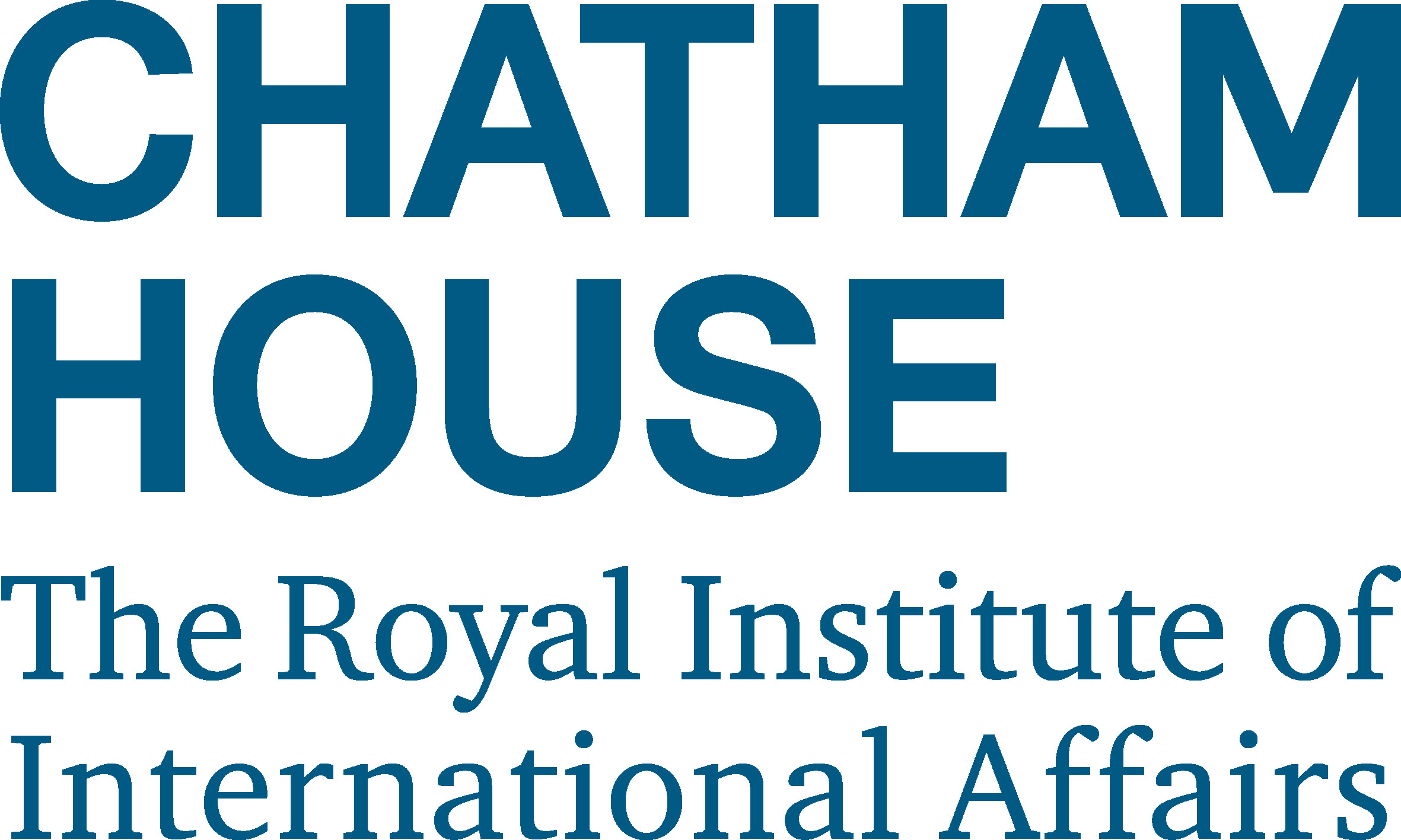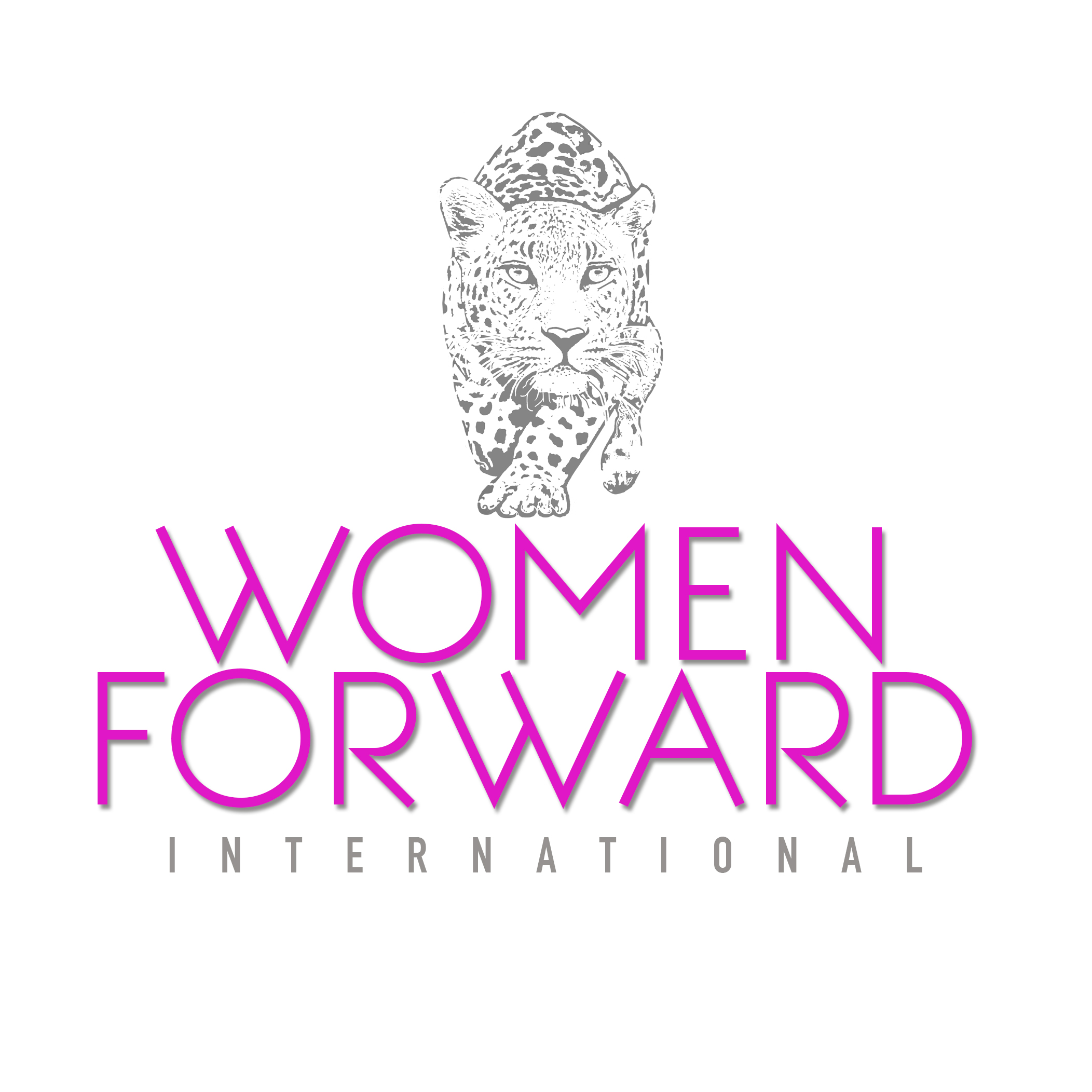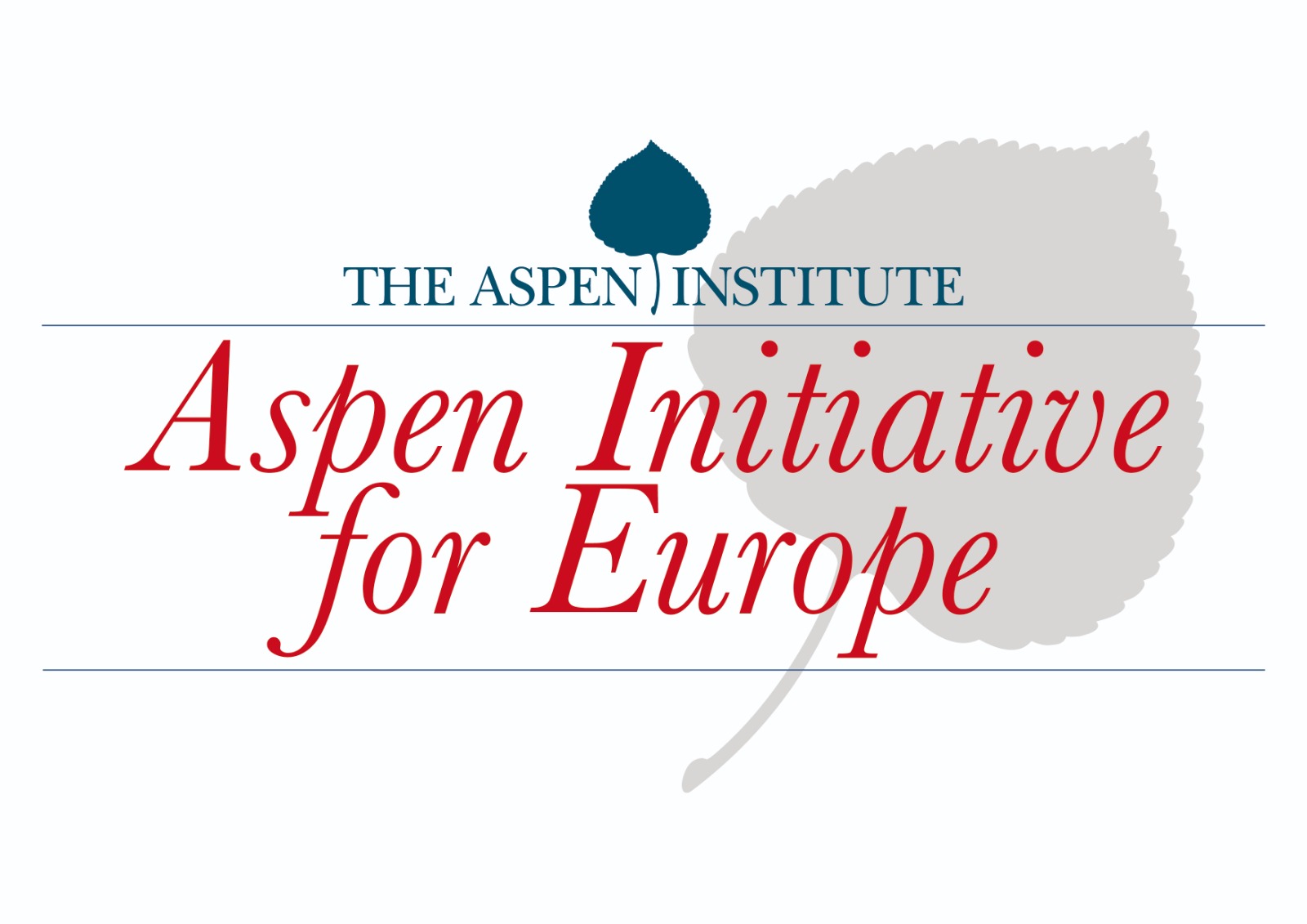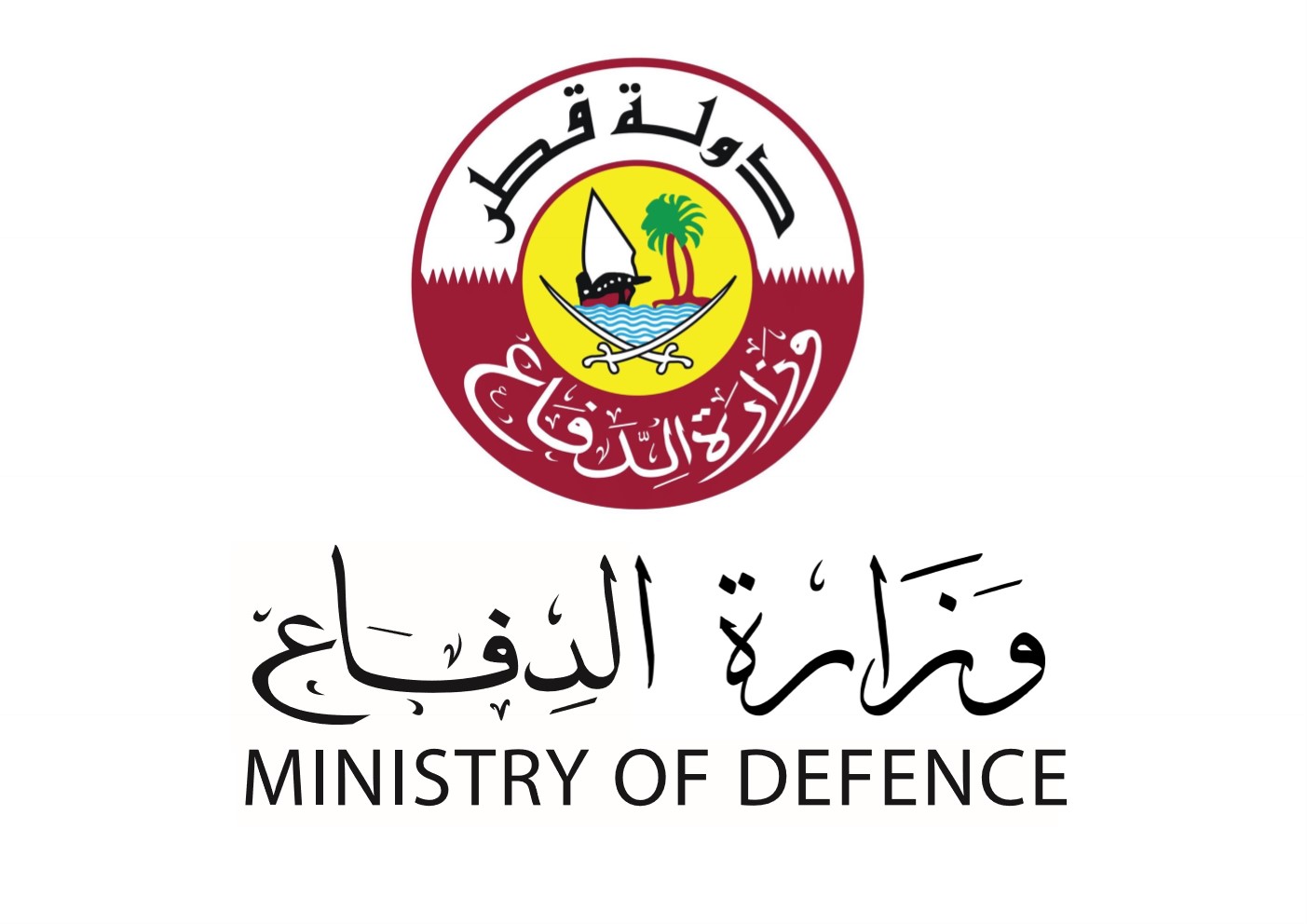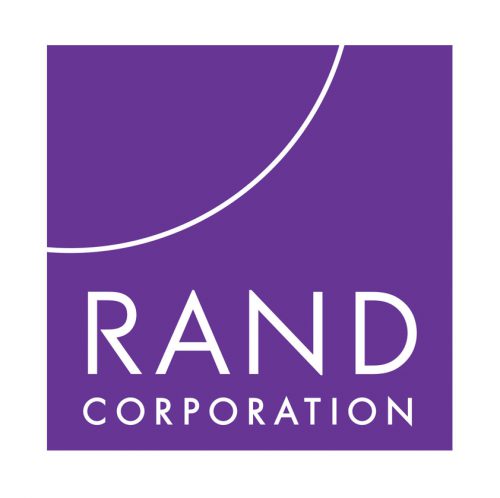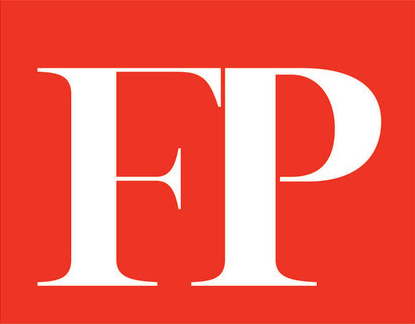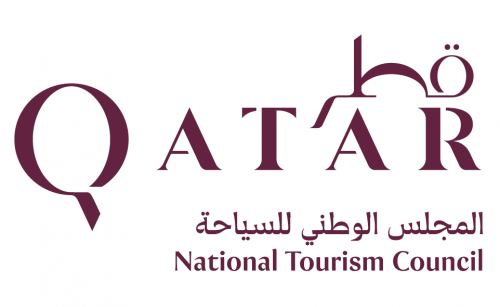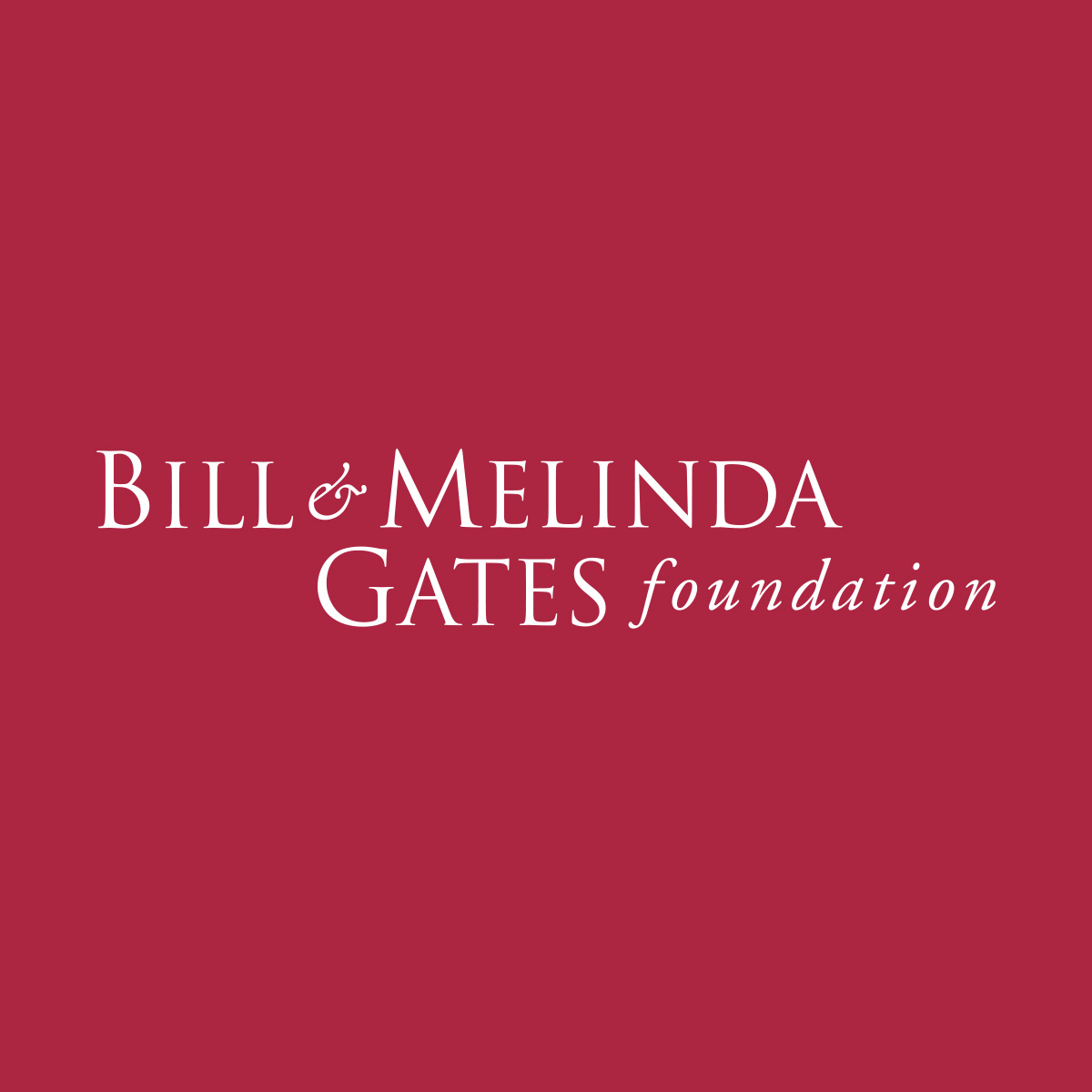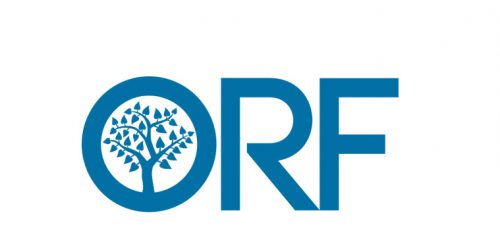The program for 2019 Doha Forum included panel discussions of the following topics:
The world is facing increasing challenges that can’t be solved by any country on its own: violent conflicts and terrorism, climate change, migration, modern slavery; and the disruptive impacts of new technologies and innovations. There is a need to reimagine global governance systems that are relevant to current circumstances and can accommodate diversity, diplomacy, and dialogue. The opportunities seem to lie in a worldwide transition from unipolarity to multipolarity, where we need to establish a system of multilateral governance and world order based on inclusivity, respect for human rights and the rule of law. There are multiple dimensions to this paradigm-shift that go beyond just a political framework. Our new normal is that nation states as well as non-state actors now compete for military, cultural, and economic influence. With so many rising powers on the global stage, there is a need to explore the significance of this shift and reimagine a dynamic global governance system that is relevant to our current moment. In this session we will explore questions such as:
- In a multipolar era, can we uphold a system in which sovereignty is respected and individual states are included in global norm-setting and decision-making?
- Are hegemons relinquishing their influence or consciously withdrawing from their responsibility towards the international community?
- What are the effects of certain countries to taking unilateral actions, decisions, or positions? How should unilateral actions be addressed by the global community?
The abrupt departure of US forces from the eastern Turkey-Syria border in October sparked a new round of violence and increased the uncertainty of how these wars end. Shifting alliances seem to favor the Assad regime—and its Russian and Iranian backers—and the Islamic State, while the consequences of the Turkish incursion are unclear. Meanwhile, violence continues to kill and wound Syrian civilians. This roundtable will explore the current conditions of the civil wars in Syria and possible paths to peace despite, or because of, the developing situation.
Around the world, global powers either show indifference to conflicts or deliberately fuel them to undermine their rivals. Some regional powers both feel threatened by instability and seek to exploit it to promote their interests, and local actors simultaneously are manipulated by and manipulate the resulting global and regional players’ proxy wars. The Horn and Libya reflect these dynamics. Considerable differences notwithstanding, all have seen international intervention and are heavily influenced by the politics of fragile regional giants whose internal divisions cast a significant shadow over their neighbourhoods. Limiting the spread of violence must be a priority for these countries’ international partners – an effort that will require a delicate balance of political engagement and cooperation with neighbouring states, whose interests only sometimes align. This panel will bring together senior policymakers and experts to discuss how to best align global, regional and local incentives to mitigate and resolve some of Africa’s most deadly conflicts.
The political crisis around migration in many developed states is fundamentally changing their relationships with the developing world. Over the past decade, the EU has come to view its relationships with individual African states in terms not only of supporting stability and socio-economic development for their own sake, but also in terms of the role as a source, transit, or ‘buffer zone’ countries on migration from Africa to Europe and the role that state is willing to play in helping the EU to manage migration. African states on the other hand understand the power that they hold in ‘migration diplomacy’, and are keen to broaden the discussion beyond externalization of European migration management, to explore how Europe can support African states in dealing with their migration challenges, to how to ensure that remittances continue to benefit local economies. The discussion around the UN Global Compact on Migration demonstrated the extent to which tensions around migration currently exist.
- How is the political crisis around migration in many developed states fundamentally changing their relationships with the developing world?
- What kind of cooperation on migration might be possible within and between different global regions?
- What current political environment means for co-operation on migration within and between different global regions. Can common interests be identified?
There is growing consensus about the primacy of prevention and, in particular, the need for a strategic approach to prevent the spread of extremism and violent conflict. The need for effective action is clear: over the last 15 years, the number of terrorist attacks have increased fivefold. The number of self-professed Salafi-jihadist fighters has more than tripled, and they are now present in nineteen countries in the Sahel, the Horn of Africa, and the Near East. Research shows that continued efforts to counter terrorism are necessary, but neither sufficient nor cost-effective. Across these regions, civil wars persist and fragile transitions are underway in Sudan, Ethiopia, and Somalia. In the Gulf, tensions have escalated amidst the ongoing war in Yemen, the US withdrawal from the Iran nuclear deal, attacks on vessels and installations in the Persian Gulf. A growing body of practice underlines the determinative role of fostering trust among states and societies, inclusive institutions, accountable governments, and civic participation as sources of resilience. In addition, there is growing reflection on the ways to adapt the roles, structures and interrelationships among multilateral security arrangements, such as the Gulf Cooperation Council and the Intergovernmental Authority on Development (IGAD), to reduce tensions, manage crises, prevent conflict, balance against regional threats and build confidence. In this workshop, participants will be invited to identify best practices for prevention and building resilience and discuss the principles, process and mechanisms needed to facilitate discussions.
ِِِAs states remain concerned about the challenges posed by foreign terrorist fighters, returnees and relocators are yet to prevail as leading terrorist actors. While this matter increasingly becomes the focus of international attention, states must revise and apply a more tactful repatriation process for foreign fighters that also accounts for women, children, and internally displaced persons. New resolutions must consider the security of women and children, the importance of parentage, the nationality of minors, and the specific legal protections afforded to minors. Regardless of the hindrances, living conditions in overcrowded camps such as al-Hawl make it clear that these challenges, if ignored, will not resolve themselves. Nonetheless, the logistical, jurisdictional, and humanitarian complexities of reconciling detainees and displaced persons demand concerted efforts. This panel will bring together senior policymakers and experts to resolve operative prosecution, rehabilitation, and reintegration models for foreign terrorist fighters and their families.
Venture investment in the Russian hi-tech sector is a relatively recent phenomenon, but it now constitutes one of the most important elements in the development of the Russian economy. The competitive global business environment requires national economies to focus on innovation, transformative industries, and rapid growth with strong returns. Participants will discuss development trends in the global and Russian venture markets to identify priority sectors for venture investments along with the most effective investment tools for bilateral Russia-Qatar cooperation.
The history of natural gas in Qatar, and the current dynamics of global energy.
Worldwide demand for liquefied natural gas continues to be driven by expanding markets, notably China and other growing economies. Export countries such as the United States and Australia are emerging as major competitors in the global market, while established players such as Qatar advance plans to significantly increase capacity. Meanwhile, rapidly evolving environmental and social concerns, bilateral trade agreements and disputes change the playing field on a nearly daily basis. In this session, we will consider such issues as:
- The fundamental changes to the dynamics of the LNG market around the world
- Whether increasing competition will influence market prices and dynamics
- The future of LNG in the context of growing environmental pressures
- How ongoing trade alliances and disputes may affect the markets and industry
Global Institutions, National Economies: Can They Work Together for Growth That Is Both Stable and Fair?
Recent events in the global financial market have underscored the interconnectedness of the world’s global and national economies. In an environment of escalating trade disputes and policy uncertainty, multilateral institutions such as the World Bank, International Monetary Fund, and World Trade Organization can provide stability, standards, and needed access to capital in times of crises. They can also provide needed technical advice to national governments. But these global institutions have been criticized for imposing controversial economic policy conditions – austerity, privatization and financial liberalisation – on sovereign nations that have contributed to weak and unequal growth, and political discontent. In a world of economic interconnectivity, what role should institutions of global governance play in securing economic stability and promoting growth? This panel examines economic reform programs and their role in global growth.
This panel takes a look at the big macroeconomic themes likely to dominate in the year ahead. Find out if there’s a likely cooling off in the US-China Trade War, how to make sense of Brexit and what to watch in the technology sector. This panel will also examine where the biggest risks to the global economy are lurking and distill the major themes in investment for 2020.
The European Union is a major economic power, yet is unable and/or unwilling to assume the strategic role on the international arena this status would normally grant. Consumed by internal tensions and crises that make it hard to adapt to an increasingly complex international arena, the Union seems resigned to look inward and focus less than it could on raising its strategic global position. Whether in its own neighborhood, Asia, or Africa, other players often engage in the revived great power politics while the Union remains only a secondary actor. Many would like Europe to baldly promote and defend the values it stands for, heighten its security and strengthen its alliances with like-minded actors, but can it rise to this challenge? Can the Union effectively look both inwards and outwards? Would a change in structure and processes allow it to play an enhanced international role? Is there a need for such a role?
An established global legal order has become an important prerequisite for trade, diplomacy, respect for human rights, and all matters of international relations. Globalization brings about fundamental changes not only in the economy, in society, and in politics but also in law. Revolutionary technologies, expanded economic areas, and rising political powers outside of the West – e.g. China, India, Turkey, Brazil, South Africa, China – lead to increases in cross-national communication, transnational trade, mobility of people, and foreign investments. As a result of this increasing interdependence, issues that can only be solved on a global level are proliferating. Over the past seven decades, the UN has provided the framework for international laws, norms and mechanisms on the majority of topics from the promotion of human rights to the regulation of trade. Nevertheless we are now witnessing that the long-established international laws and multilateral practices are being undermined by unilateralism, political tensions and unrest. In this session we will consider prospects for the future of an international legal order.
The development of governance in a wide range of digital spheres – from cyberspace to internet infrastructure, to the ethics of emerging technologies– is failing to match rapid advances in technical capabilities or the rise in security threats. This is leaving serious regulatory gaps, which means that instruments and mechanisms essential for protecting privacy and data, tackling cybercrime, reducing cyberattacks by states, insuring inclusion or establishing common ethical standards, among many other imperatives, remain largely inadequate. Furthermore, competing governance visions are impairing efforts to regulate the digital space globally. So far, sovereign nations have asserted aspirations for technological dominance with little heed to the cross-border implications of their policies. As a result, fluctuating cultural, economic and political assumptions have shaped where and which technologies have been deployed, and how they have been implemented. A starting point for effective policy formation is perhaps to recognize the essential complexity of the digital landscape, and the consequent importance of creating a ‘common language’ for multiple stakeholders. Another is the need for persistence in ensuring that the political, civic and economic benefits associated with a more open and well-regulated digital sphere are made clear to citizens everywhere. During this event, panellists will review salient issues for technology governance such as cyber diplomacy, AI and ethics, surveillance and privacy as well as internet infrastructures and their impacts on international power dynamics. They will discuss how competing visions may shape the future of technology development and explore the prospects for global convergence on technology governance, as well as emerging coalitions to pioneer innovative policies and standards.
This session will address an under-researched and yet vital topic to curtailing the spread of extremism globally and maintaining international security: What causes women to “go to extremes” and how can we enable alternatives? Who influences half our population and who does this half of our population influence? Can female returnees and deportees of ISIS return, reintegrate, and contribute to their communities? What infrastructure is required to enable individuals and societies to “begin anew?” Are we building societies of trust and forgiveness?
The current international system was established based on a combination of rules, derived from international law, and balance of power underpinned by the United States. With China’s rise, the United States’ relative decline, and the increasing rivalry and confrontation between the two, the international balance of power has become considerably more fluid and unstable. Overall, the rules-based system has benefited small, medium and emerging powers most in providing them with some protection from the perceived hegemonic tendencies of the great powers. Yet the rules-based international system consequently appears to be in a considerable state of flux and strain, with different states having different and often conflicting goals with regard to how the system should evolve. This session will explore
- How are the international policies of the US, China and other key powers likely to evolve in coming years?
- What impact would a systemic US-China confrontation have on critical global agendas for trade norms, energy production, and management of and climate change?
- Could small and medium size states act collectively to exert greater influence on the future evolution of international rules and institutions?
- Will the China-Russia strategic relationship continues to deepen, and if so what is its potential impact on global geopolitics and the future of the rules-based international system ?
The European Union is a major economic power, yet is unable and/or unwilling to assume the strategic role on the international arena this status would normally grant. Consumed by internal tensions and crises that make it hard to adapt to an increasingly complex international arena, the Union seems resigned to look inward and focus less than it could on raising its strategic global position. Whether in its own neighborhood, Asia, or Africa, other players often engage in the revived great power politics while the Union remains only a secondary actor. Many would like Europe to baldly promote and defend the values it stands for, heighten its security and strengthen its alliances with like-minded actors, but can it rise to this challenge? Can the Union effectively look both inwards and outwards? Would a change in structure and processes allow it to play an enhanced international role? Is there a need for such a role?
Global and domestic policy is increasingly affected by external factors such as financial markets, weather events, terrorism and sudden foreign policy shifts. The capacity of governments to respond to these events with agility and resilience is key to effective governance. Resilience in today’s world may mean the capacity to systematically marshal evidence, empower leadership that can adapt to new circumstances, cope calmly and recover quickly from crises, while championing innovation combined with stability and purpose. Small states in a multipolar world are particularly vulnerable to external shocks, but resilience is recognized as key to effective 21st century governance.
This session will explore the fundamental security threats plaguing the world, from the collapse of traditional alliances, to shifts in political and economic norms, to the growing prominence of Cyber Warfare. Panelists will comment on the preventative approaches taken by the defense sector to deter and thwart threats to the security of nations. How has the defense sector positioned itself to counteract forces of destabilization and violence How has technology been utilized to best serve these preventative measures? And what steps should be taken to reinforce a sense of global order?
We are entering a new era in finance where profit at any cost is no longer socially acceptable. Investment opportunities that target positive social and environmental impact are growing. On a global level, the launch of the UN Sustainable Development Goals and the Paris Climate Agreement have helped highlight how investors can act as innovators. However, there are challenges and the world needs a clearer picture on standards and definitions. This session will look at the new approaches to impact investing and other forms of responsible business practices.
In recent years, big tech has come under intense criticism for the range of ways in which its digital platforms are used to spread extreme messages and abusive content. Social media companies in particular have struggled to develop and enforce appropriate community standards to address issues ranging from the proliferation of hate speech, incitement to cause harm, and a rise in xenophobic, racist, and sexist language in online interactions. Against this backdrop, panelists will review current and proposed efforts to monitor, regulate and curate content online. Who should define what sort of speech constitutes misinformation, hatred and violence on digital platforms, and how? Are technological solutions and alternative business models sufficient to solve the current information crisis? What are the risks associated with private actors developing their own decision-making frameworks for content-removal?
The Islamic financial system is now regarded as one of the fastest growing segments of the global financial system--offering as a safer and more ethical alternative to conventional banking. The industry’s growth has been buoyed by recent investments in infrastructure, sukuks, capital market products, and the adoption of financial technology. Islamic finance also has the potential to play a crucial role in supporting the sustainable financial system, which aims to create long-term business value by considering environmental, social and governance responsibilities while simultaneously meeting financial objectives. However, Islamic banks face obstacles integrating with the global banking environment. As the sector expands, there is a need for consistency in product structures and investment practices, accessibility across markets, and regulation capabilities. This session will discuss the challenges and opportunities for Islamic financing methods and those who employ and engage them.
Given the obvious risks and costs associated with the large-scale use of military force, international rivalries have come to be characterized by increasingly sophisticated, wide-ranging and integrated campaigns of non-military instruments. These contests below the threshold of outright warfare include the use of many tools, including but not limited to economic sanctions and statecraft, manipulation of information, clandestine operations, and low-level military actions. These campaigns, in service of intensifying rivalries, have the potential to undermine key norms and rules that have helped to stabilize world politics since 1945. This session will engage critical questions such as:
- What are the norms or rule sets that can help to restrain competition below the level of armed conflict?
- What are the types of non-military interventions and governing body of law?
In this session we will consider how global norms and laws are being re-ordered by the rise of emerging and aspiring powers, and how this new dynamic affects the multilateral systems for the protection of human rights that have been in place for decades. We find ourselves in an era in which norms, institutions, and established enforcement mechanisms are being challenged and can no longer be taken for granted. At such a time, how can we ensure that people, nations, and non-state actors agree on and abide by basic principles of human rights? When those principles are violated, how can actors be held accountable? And, what partnerships, mechanisms, or innovations in policy and technologies might provide new and effective avenues to help guarantee that human rights are respected worldwide?
Investment in free zones (SEZs) has been rising steadily due to their proximity to logistics hubs and corridors as well as one-stop services that facilitate ease of doing business. There are more than than 5,000 free zones across 147 economies today, as countries realize the positive effects these zones have in attracting investments, facilitating the flow of capital and stimulating the local economy. Qatar’s free zones, for example, have attracted investments worth 1bln QR from major international companies and led to the establishment of new partnerships between companies across diverse fields. This panel explores ways in which free economic zones foster socioeconomic development, security, and international commerce.
The proliferation of new technologies and media — including social media platforms like Facebook and Twitter — along with the cynical manipulation of facts by various leaders and states has undermined the authority of governments, experts, the conventional media, and very concept of objective truth. These trends are increasing political polarization, undermining social stability, fueling the rise of demagogues,and threatening democracy itself. How can and should governments and institutions respond? What are their best tools and most potent allies in this fight, and how best should they coordinate their efforts to push back against the weaponization of truth?
Attempts by the United Nations and other actors to broker a peace deal between the Iran-backed Houthis and the Saudi-backed government forces in Yemen have been met with cautious optimism, but a mutual distrust between the warring parties, combined with renewed fighting and fracturing alliances, have threatened to derail any confidence-building measures. This panel examines the balance of power in Yemen after five years of war, the international influence of the various factions, and potential scenarios for a political solution.
As a central means for connecting people and cultures, and increasing understanding among people across the world, tourism is a driver of peace. But all too often tourism is directly and dramatically affected by various geopolitical situations. In recent years, governments have blocked tourism flows as a tactic in disputes with other nations. And for many years, terrorist groups have targeted tourists and touristic sites for maximum impact in stoking global fear and economic hardship, through the loss of tourism revenue, in targeted countries or regions. Furthermore, geopolitical tensions all too often result in the destruction of cultural and heritage sites that are central to the histories and identities of nations, diminishing prospects for tourism and the related peace and understanding that they may bring. This session will explore what can be done through the collaboration of state actors, the private sector, international organizations, and non-governmental organizations to reduce the negative impacts of conflict on travel and tourism and to bolster tourism as a driver of peace.
The continued viability of a two-state solution has never been more uncertain than it is today. Efforts to resolve the Israeli-Palestinian conflict through a U.S.-brokered peace plan has drawn widespread skepticism. Attempts by Palestine to gain international recognition through the UN or among members of the EU has been met with tepid success. The rise of a more hardline Israeli government and continued unrest in Gaza has further complicated Palestinians’ hopes for self-determination. Given this context, is it time for Palestinians to look for new approaches?
Despite efforts to date, climate change is already a reality. Increasingly, attention is turning to how the world can adapt to a new paradigm of a hotter planet with more extreme weather conditions. This panel will consider the technologies and approaches that are being developed to protect places and people, especially those most vulnerable, from the social and economic impacts. We will explore questions such as:
- How can the public and private sectors better collaborate and implement innovative solutions to address current climate challenges?
- What innovations in technology and agricultural development show promise for both private sector investment and public sector application?
- What approaches to the adaptability challenge are being embraced by different nations and multilateral institutions, with what attendant results?
Political and socioeconomic developments in the MENA region have slowed economic growth, decreased the flow of foreign direct investment (FDI), constrained local investment, and driven up unemployment. According to the World Bank, the youth unemployment rate is among the highest in the world and women’s labor force participation among the lowest. Adding to these challenges, the region is now home to three of the most severe displacement and humanitarian crises in the world: Syria, Iraq, and Yemen. While there is no panacea to these socioeconomic challenges, workforce development is crucial to improving socioeconomic stability and deterring violent extremism.
This session will introduce The Wilson Center’s new report, “Ready for Work: An analysis of Workforce Asymmetries in the Middle East and North Africa,” and address questions regarding the skills mismatch, the education system, technical and vocational training, the private sector, the role of entrepreneurship and the problem of endemically low female labor force participation.
In the decades following World War II, the United States enjoyed a period of unprecedented global leadership. Beyond just a traditional hegemon rooted solely in economic power and military might, America was a hub of technological innovation, cultural splendor, and an imperfect but recognized beacon of freedom for many around the world. In 1989, as the Berlin Wall fell and the Iron Curtain collapsed, it seemed that the values of freedom and democracy the United States purported to champion emerged as a clear and definitive victor. Thirty years later, things are not so clear. With an unprecedented level of connectivity around the world, the resurgence of populism and nationalism, the rise of powerful non-state and transnational actors, not to mention the authoritarian models proposed by rising and assertive powers, global leadership is no longer a simple or straightforward notion. Of course, the changes within the United States are also must be considered. President Trump’s rallying cry of “America First” has resonated with millions of American voters, but was less reassuring to many in the international community. As the U.S. faces what will surely be another heated election cycle next year, much uncertainty looms. The question isn't necessarily “Should America act as a global leader?” but rather, “What does global leadership look like in a multipolar world?”
- What are the merits and necessity of American global leadership in a multipolar world?
- How is the rest of the world reacting to changes in U.S. leadership, and why does such leadership still matter today?
Interdependence has shaped our global community ever since the fall of the Berlin Wall. Supply chains and innovation systems were exported to developing communities to create symbiotic economic relationships. In many ways, this guaranteed peace and security. The 21st century, however, may be defined by an entirely different phenomenon. Breakthrough technologies will increasingly implicate political, economic and military power. These shifts in technology are also coinciding with the onset of a more nationalist world. Consequently, both trends are feeding of each other — leading to “techno-nationalist” rhetoric and policy choices. This phenomenon is undermining a core feature of a globalized world: that of open integrated communities. Asia, home to billions of consumers and a majority of the world’s technology supply chains, will be at the forefront of this new power struggle. Asian countries that are relying on these technologies to create new social and economic opportunities will have to navigate a new geopolitical contest for leadership in emerging technologies: “geo-tech”. Will their response also be shaped by the raw exertion of state power? Or can Asian communities script a more multilateral and multi-stakeholder ethic for this new era?
At a time of growing mass violence in fragile states, the threat of runaway climate change, fears of backsliding on the 2030 Agenda for Sustainable Development, and declining confidence in multilateral institutions, the world—and especially the United Nations—cannot afford to stand still. Regrettably, the violent conflicts and environmental crises have only grown more acute with each passing year. The global economy remains vulnerable to another financial crisis. The international institutions built since 1945 to help nations manage and resolve their problems peacefully—and together—are being weakened to a degree not seen since their founding. In the face of these global challenges there are numerous divisions and discrepancies within and across societies along racial, gender, socioeconomic, and other lines. Yet dealing with global issues call for policies and actions beyond the writ or capabilities of any one state. Therefore, global action by governments, international organizations, and global civil society, underpinned by a new global ethic, to reverse these dangerous trends, has become a moral and practical imperative of the present era. This special, high-level plenary session discussion will explore novel approaches to improve the architecture of global governance—to halt runaway climate change, promote international peace and security, improve conditions for Sustainable Development Goals implementation, better manage migration and protect refugees, and safeguard basic human rights—in the one-year-to-go run-up to the UN@75 Summit.

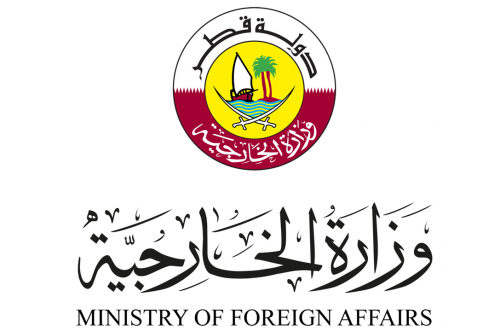
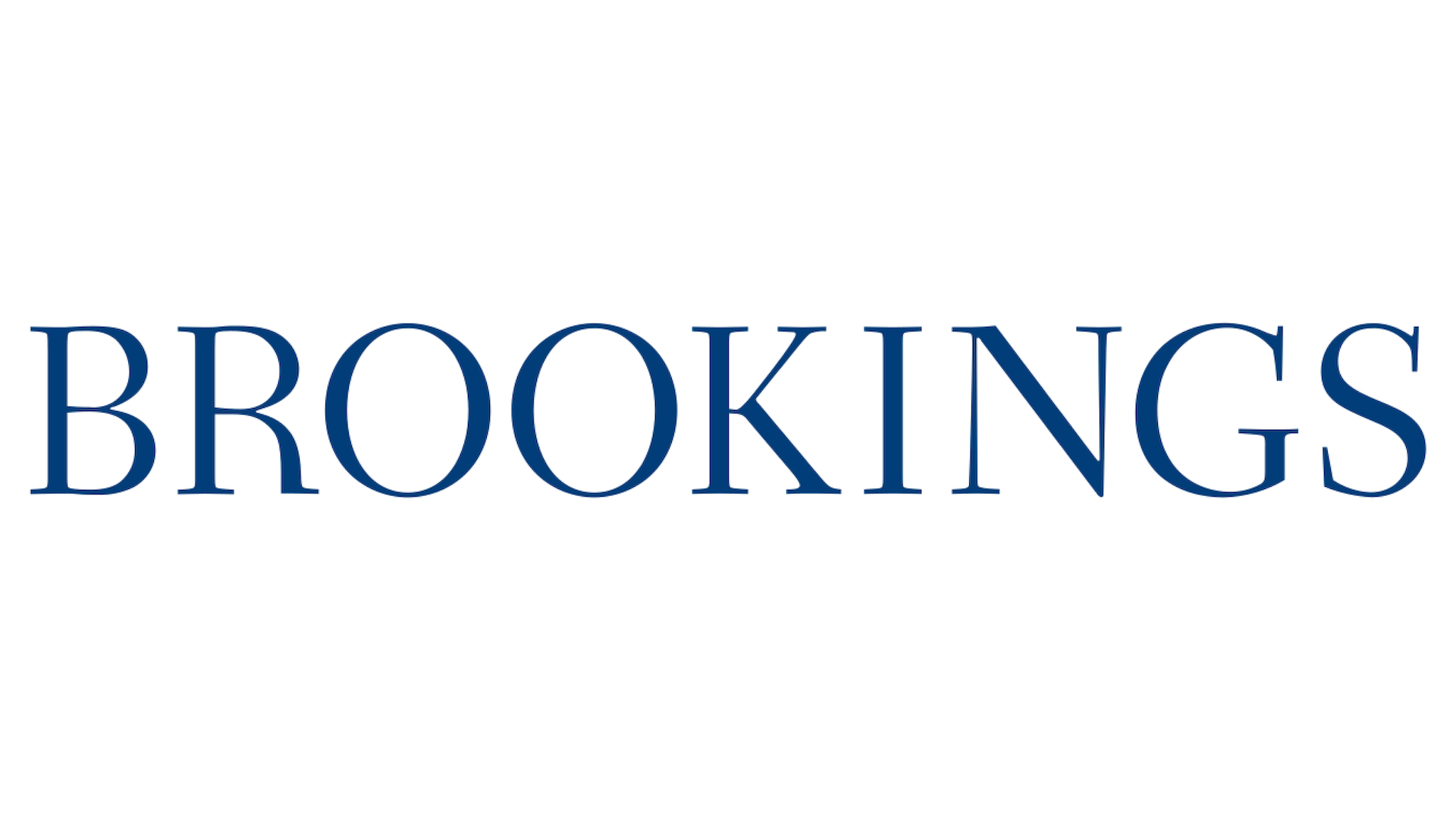
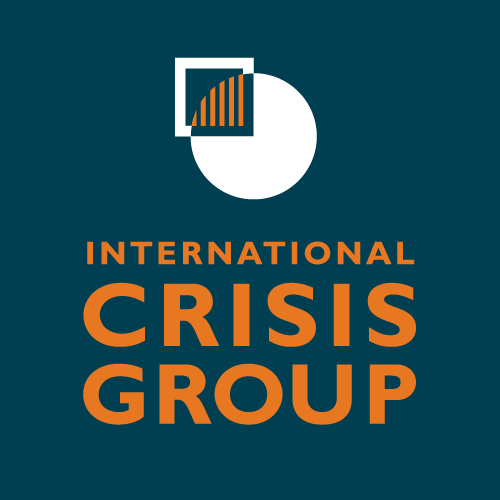



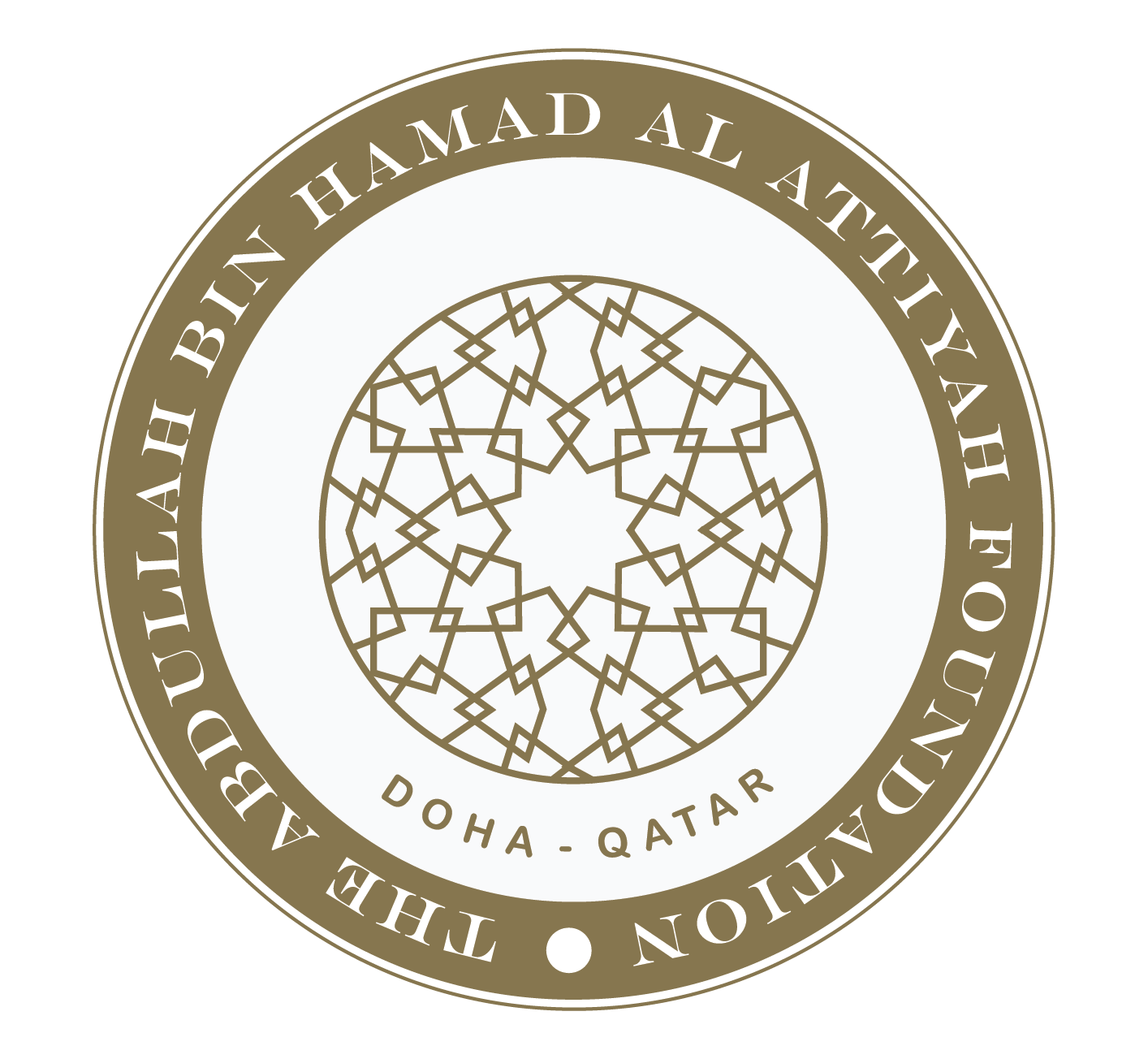
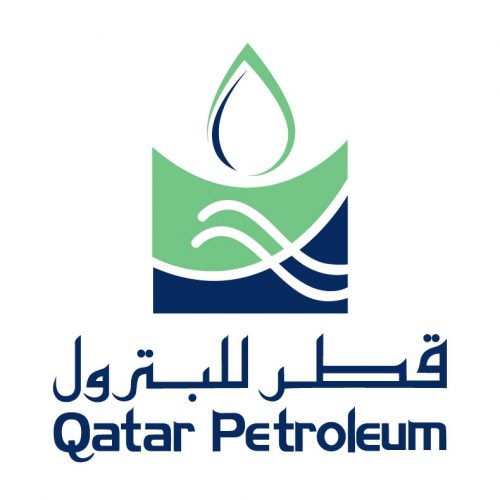

.jpg?sfvrsn=96f41da5_0)
